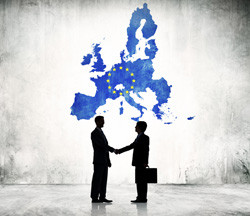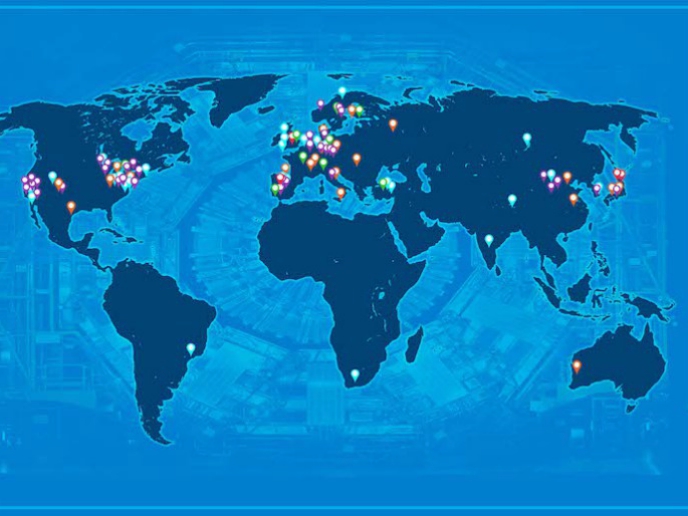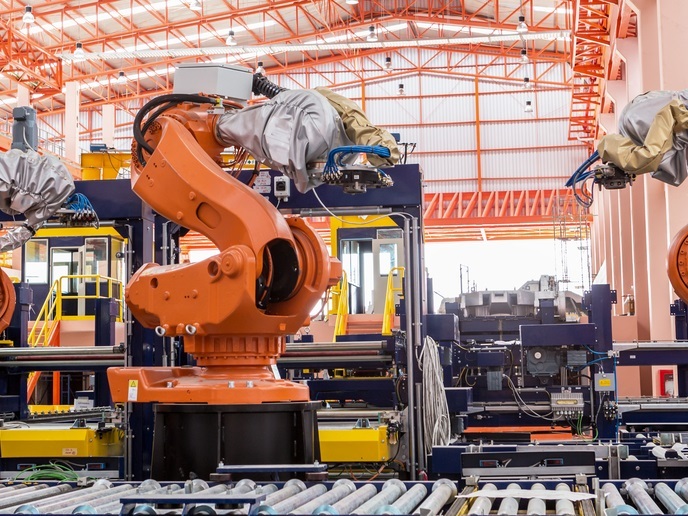The crisis that made Europe
During the 1970s and the early 1980s, western Europe responded to the period's economic crisis by choosing increased federalisation of economic policies in addition to neo-liberal economic tools. Such outcomes were the result of intense debate regarding other conceptions of Europe and candidate institutional structures, yet Europe could have taken a different direction. The EU-funded CRISISEUROPE project investigated the reasons. The project considered four main actors: the trio of dominant European countries (Britain, France and West Germany) plus the European Economic Community (EEC) Commission. The project was administered by the London School of Economics and Political Science, running for two years to August 2014. Economic modelling helped identify actors and debates opposing the three main candidate models for Europe. A chronology showed the rising and falling prominence of various options. The idea of social Europe dominated from 1973 to 1979, neo-mercantilist theories prevailed between 1977 and 1984, and neo-liberalism arose from 1980. The project concluded that the debate had not yet been settled as of 1985. Work also investigated other institutional forms Europe might have taken. The EEC model of Europe was chosen for a mix of economic, political and institutional reasons. Project research argued that the present model was the best compromise between national autonomy and credible commitment. The CRISISEUROPE project illustrated modern debates concerning the form of the EU. Such questions also informed recent challenges of globalisation and the current economic crisis.





